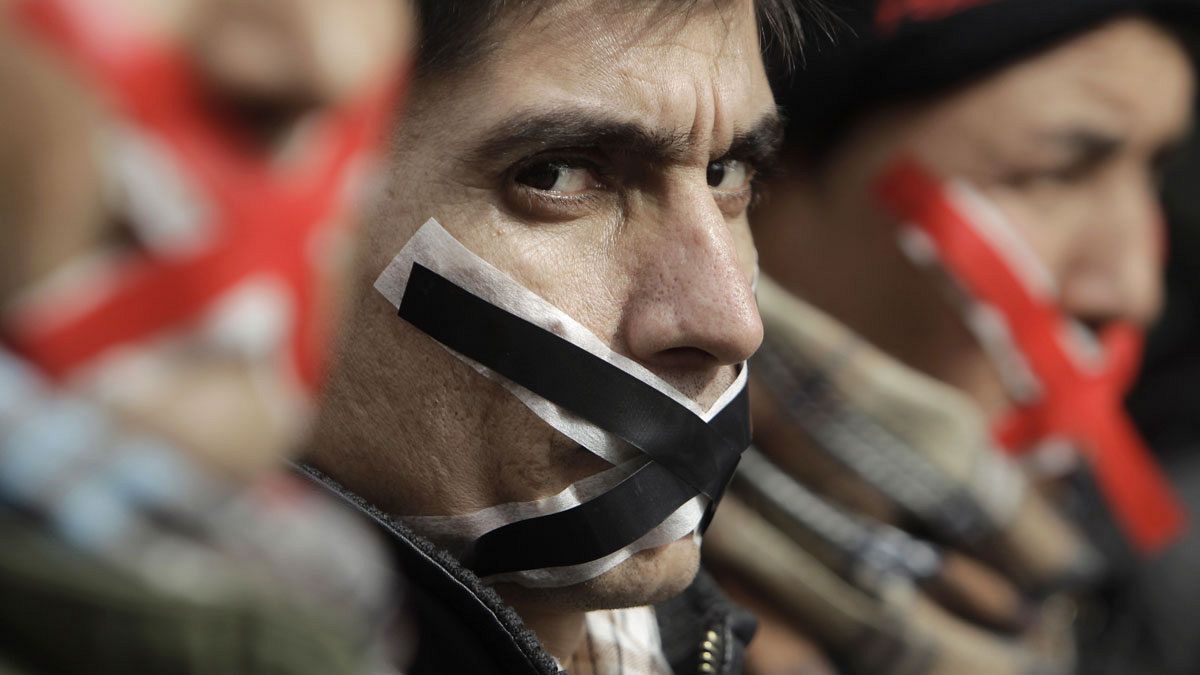Greece and Hungary approved less than one-in-ten asylum requests last year despite their EU obligations, new figures reveal.
Eurostat numbers show Greece approved 4% of initial asylum applications last year and Hungary 8%.
Bulgaria gave the green light to 87% of applications and Malta, 84%.
Sweden (26,395), Germany (26,080), France (16,155), Italy (14,465) and the UK (13,400) took the majority of asylum seekers. These five shared 70% of the 135,725 accepted requests across the EU in 2013.
Michael Diedring, secretary general of the European Council on Refugees and Exiles (ECRE), said: “While, to Italy’s credit, the operation Mare Nostrum has saved thousands of people since it was put in place last October following the Lampedusa shipwreck, that cost the lives of over 300 people, these efforts to save people seeking safety are not replicated at other parts of the European border. Allegations persist of refugees being illegally pushed back in particular at the Greek-Turkish and Bulgarian-Turkish borders.
“Safe and legal routes to access Europe are vital. There are few possibilities to apply for protection or humanitarian visas in member states’ embassies abroad; complex family reunification requirements mean that those who have family in Europe often cannot be reunited with them; and the commitment of EU countries to resettle refugees who cannot rebuild their lives in the region remains poor in view of the needs.”
Dr Yves Pascouau, director of Migration and Mobility Policies at the European Policy Centre said: “Greece has a recognition rate of 4% and Bulgaria’s is as high as 87%. We’re far from achieving a common asylum system.
“They’re not engaging their European Union obligations, there’s a big gap between countries.
[continues below]
“The EC needs to look at places like Hungary and Greece – they’re not fulfilling their obligations.
“I think the EC on a daily basis is looking at these things but it’s difficult for them to force member states to abide by the rules.”
The EC’s Common European Asylum System website says new rules have been agreed to ensure asylum seekers are treated equally in an open and fair system, wherever they apply.
It adds: “Asylum must not be a lottery. EU member states have a shared responsibility to welcome asylum seekers in a dignified manner, ensuring they are treated fairly and that their case is examined to uniform standards so that, no matter where an applicant applies, the outcome will be similar.”
[continues below]
What percentage of initial asylum requests did your country accept in 2013? | Create Infographics
The Eurostat figures also show Syrians made up more than a quarter (26%) of asylum requests accepted in the EU in 2013, followed by Afghanistan (12%) and Somalia (7%).
Dr Pascouau added that northern European states were taking a large proportion of asylum seekers, compared with their southern neighbours, some of whom are likely to be refugees’ first port of call.
But he added, the number of Syrian refugees in Europe was around 3% of the total. Most escape to countries bordering Syria.
Dr Pascouau’s comments come after Germany’s parliament called on other European states to take more refugees from Syria.
ECRE supported the call by Germany, who have agreed to take 20,000 Syrian refugees.
Diedring said: “The 20,000 people who will be resettled to Germany will not have to risk their lives at sea or be abused by smugglers in order to reach safety in Europe. This is an important gesture of solidarity towards the refugees and Syria’s neighbouring countries hosting almost 3 million persons fleeing the conflict.
“Other EU countries must now follow Germany’s example and play their part to give more refugees a way to reach Europe in a safe and legal manner.”
